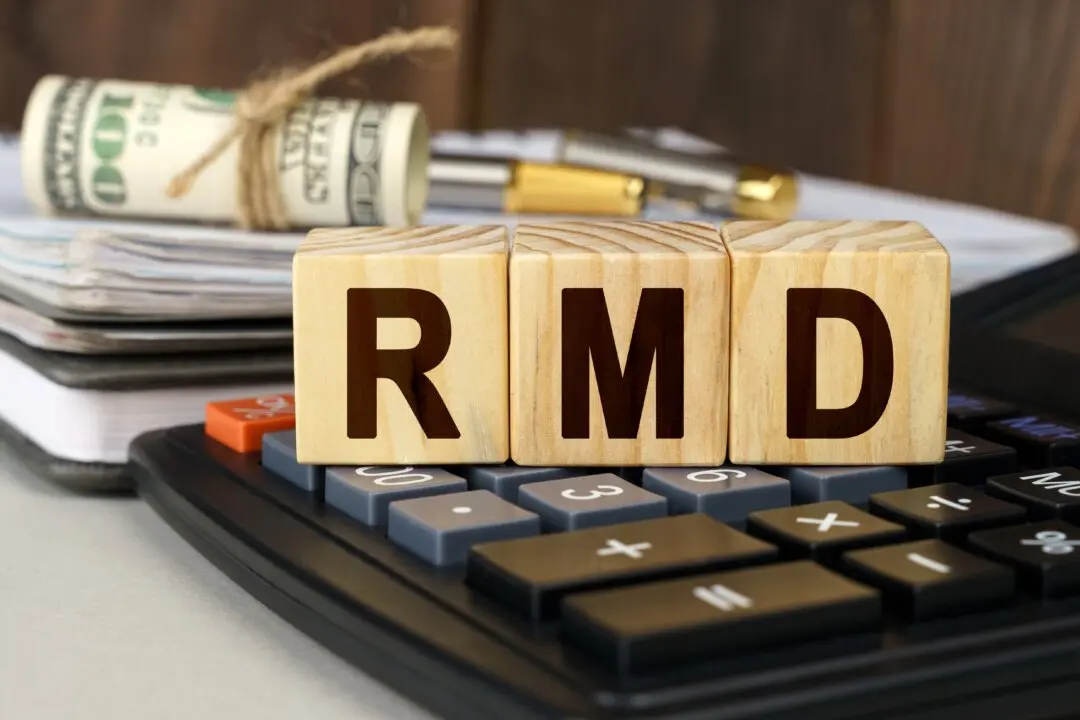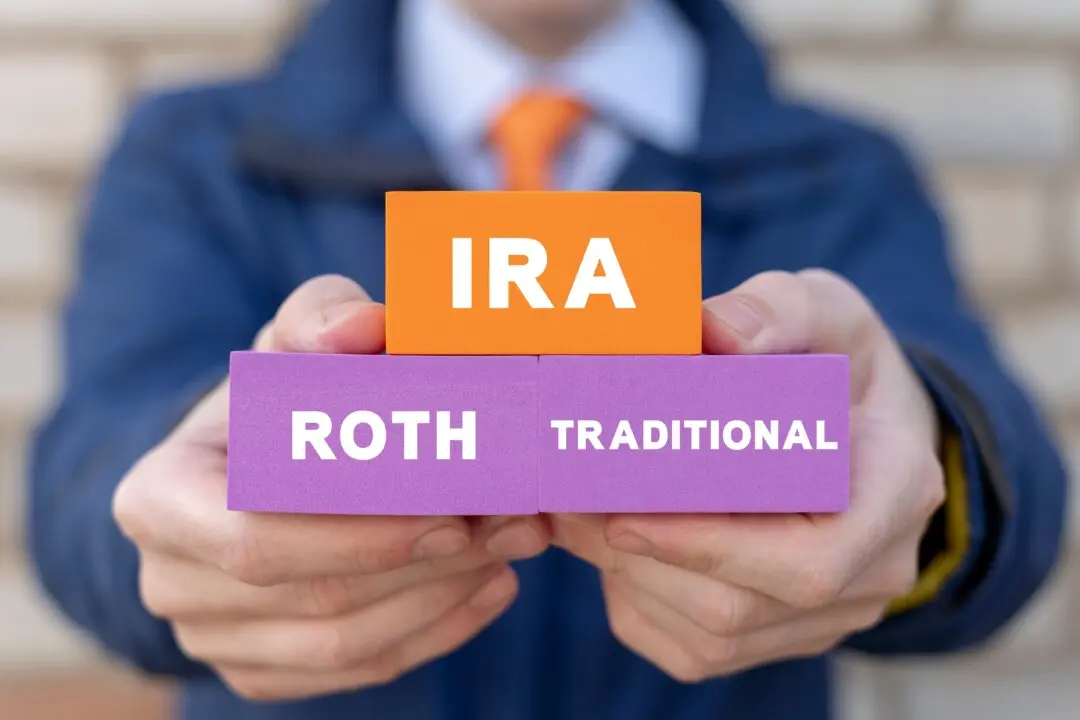If you’re in line to receive a substantial inheritance, you’re probably wondering if you’ll owe a hefty tax on it.
You may have to pay an inheritance tax on a portion of your assets. However, there is no federal inheritance tax, and as of 2025, only five states levy an inheritance tax. The rate largely depends on the size of your inheritance and your relationship to the deceased. Inheritance tax rates are either flat or on a sliding scale and can be up to 20 percent.






